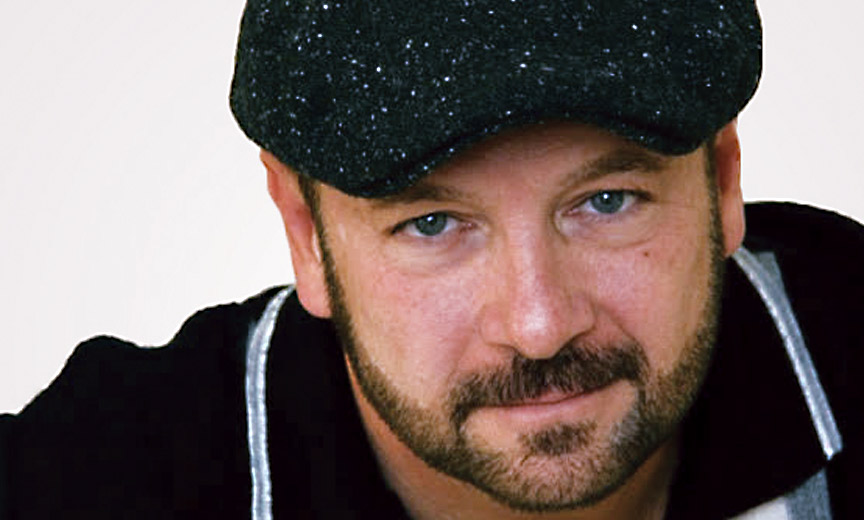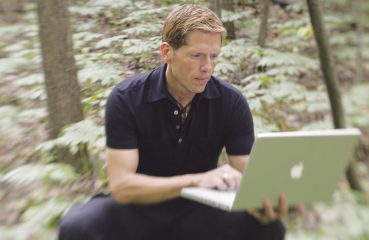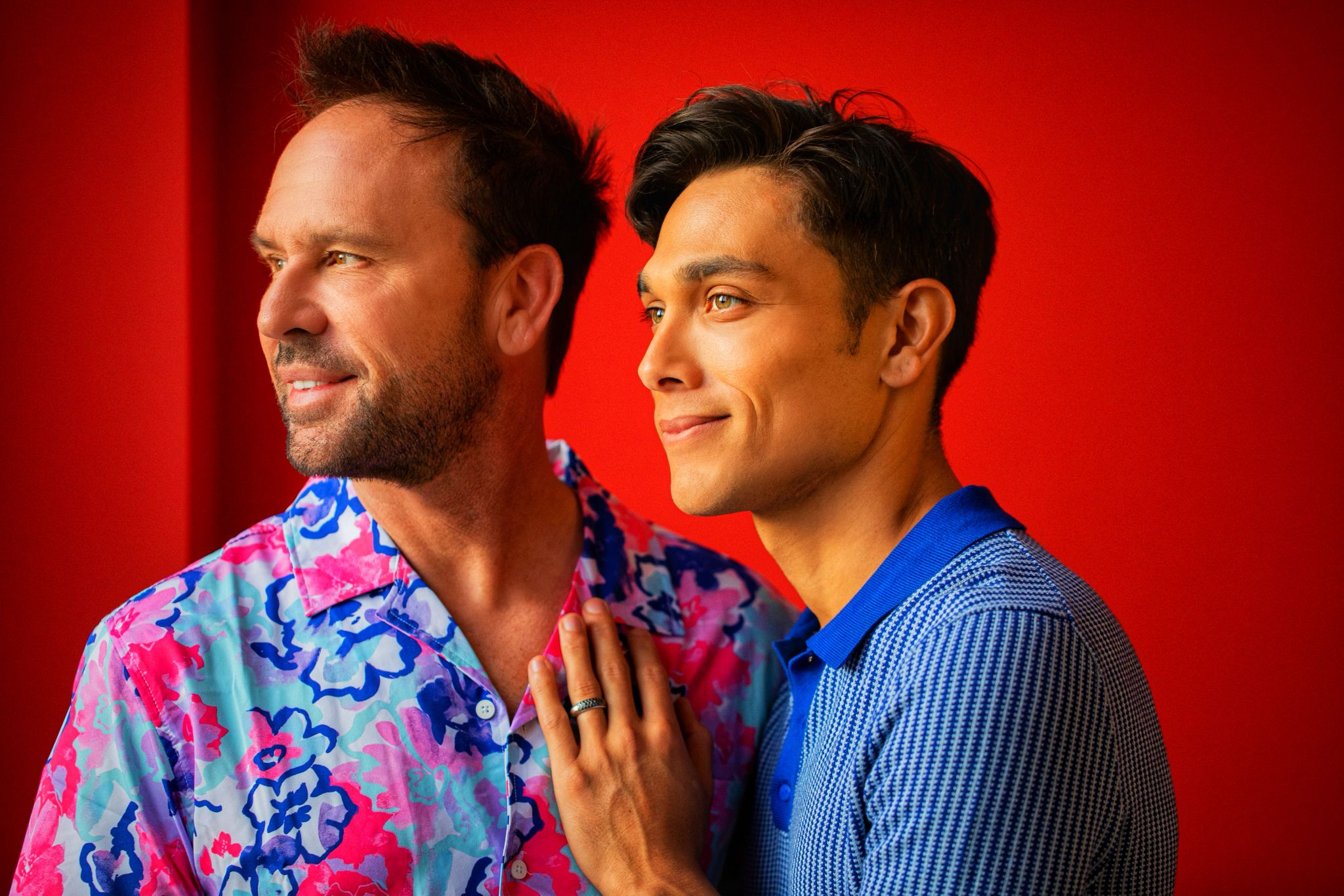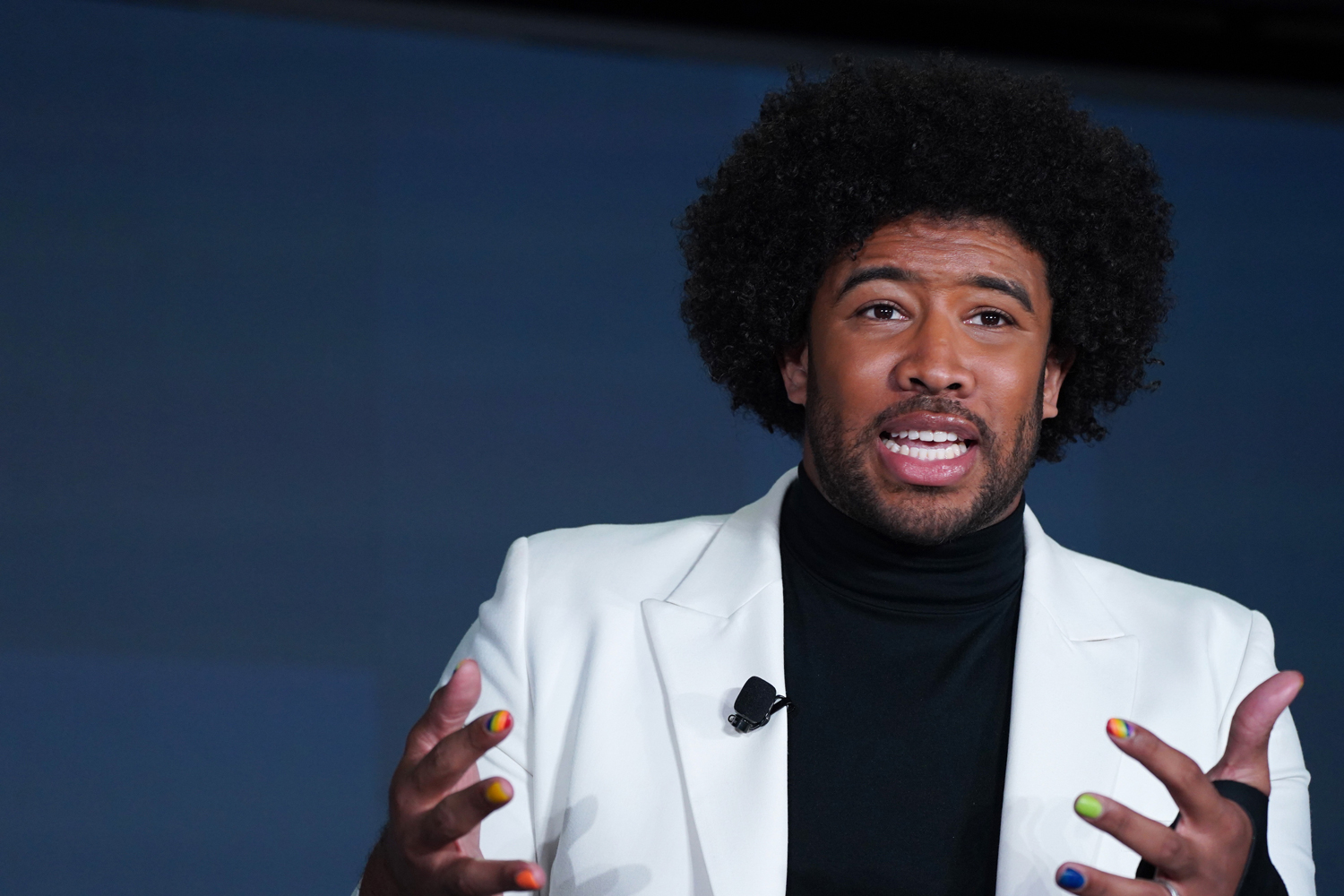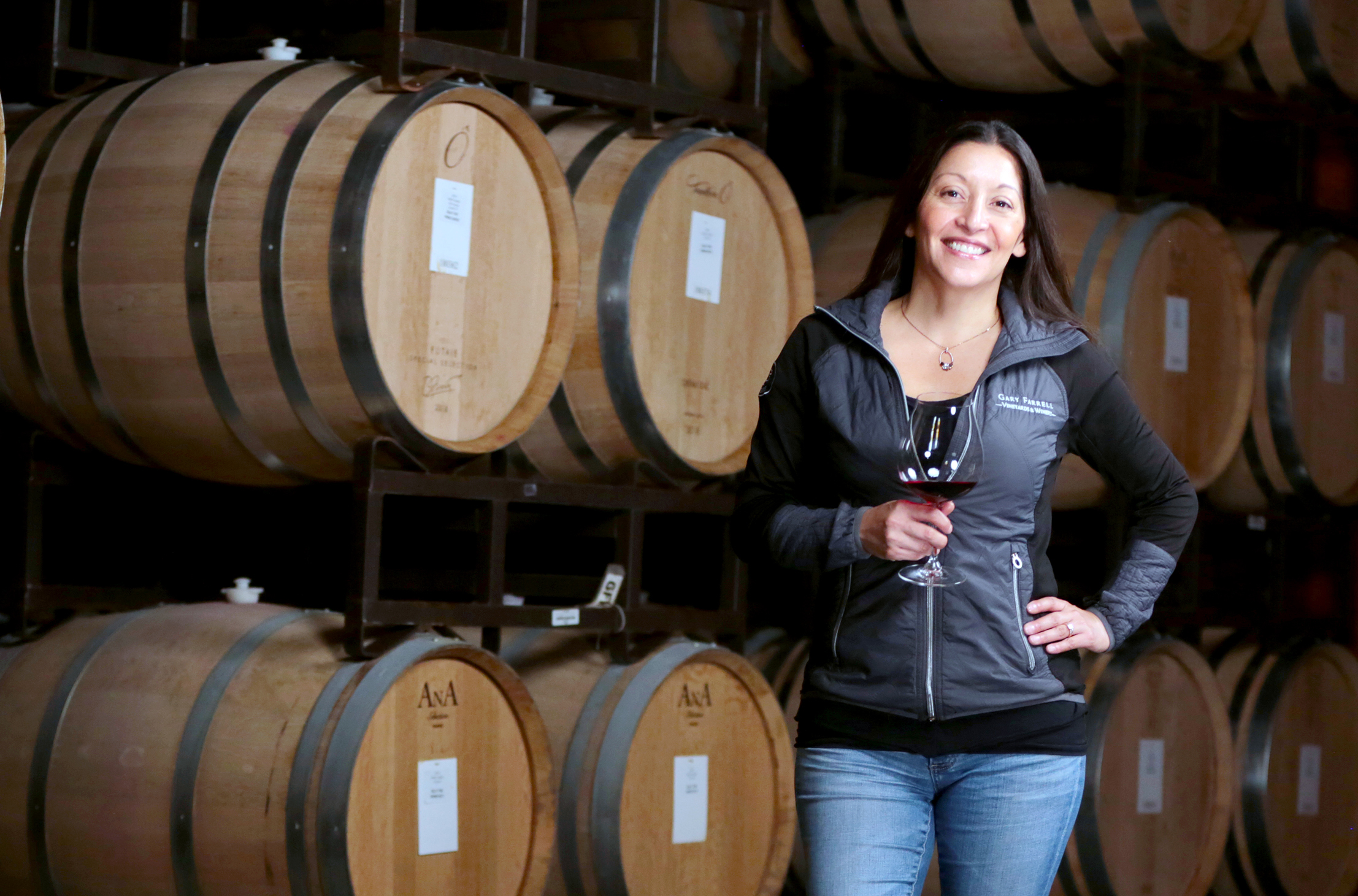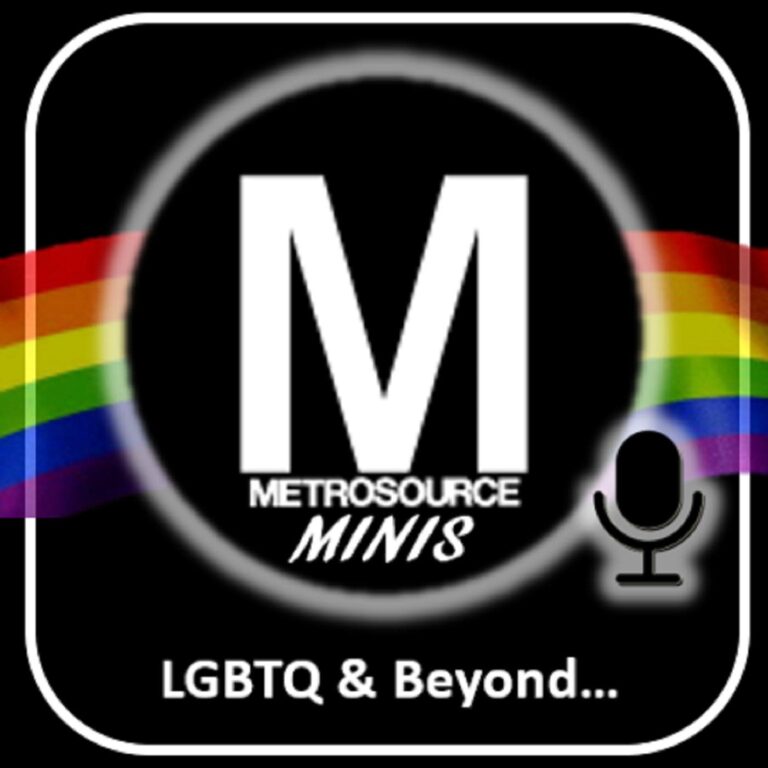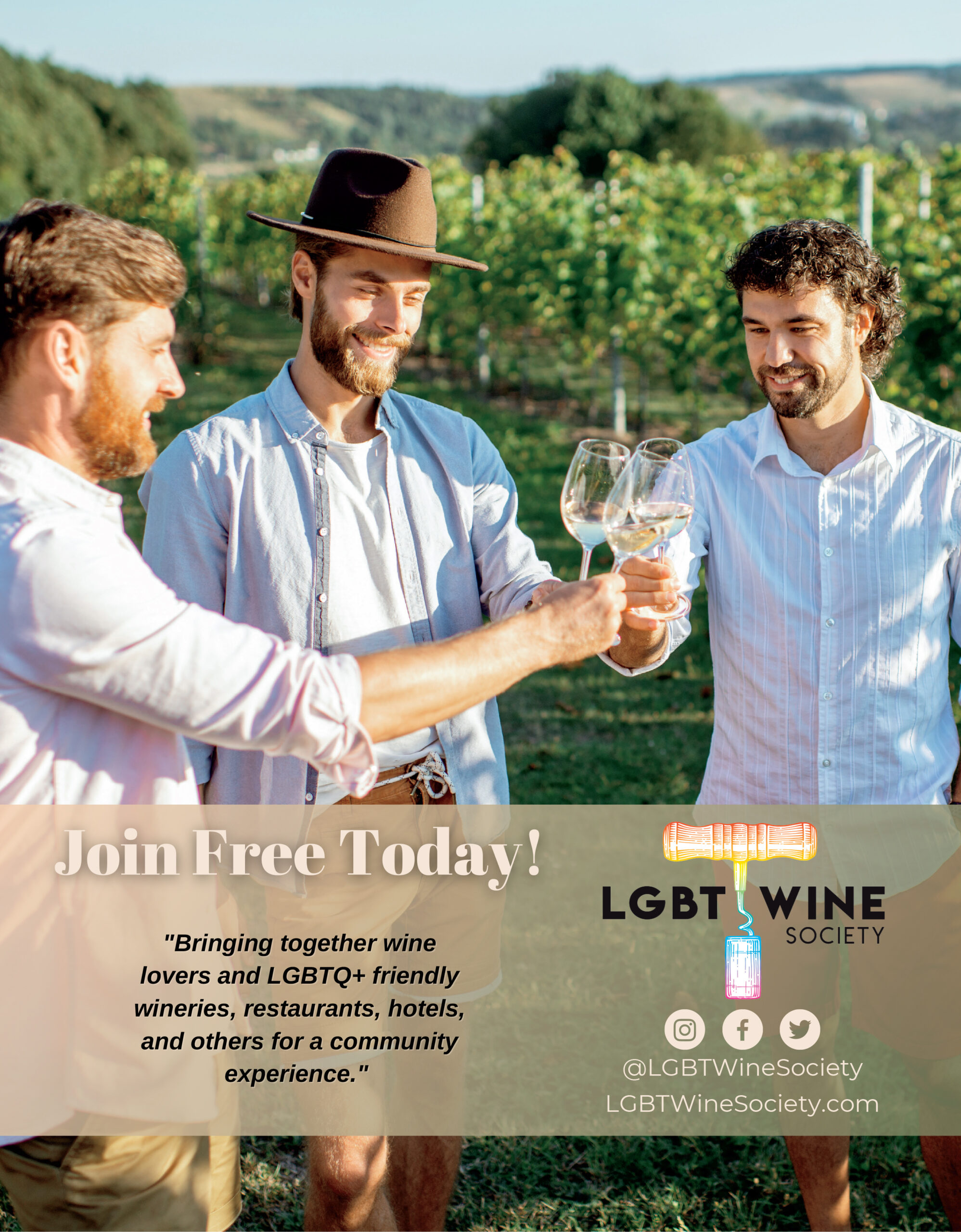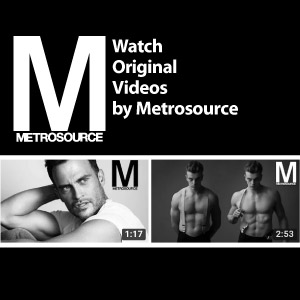With all due respect to Whitney Houston, Kevin discovers that learning to love himself involves getting past experiences that made him feel less than proud.
“Hooray, now my divorce is legal in all 50 states!” That was what my ex-husband posted on Facebook in response to the 2015 Supreme Court decision mandating marriage equality. Most of his friends — people I once considered our friends — responded in a torrent of laughter. One said she snarfed milk through her nose when she read it. Another was a fellow I once rocked in my arms while he sobbed about falling in love with a married woman who was not his wife. I couldn’t believe my ex could be so cruel or that anyone else found it comical. I went into an emotional tailspin that lasted for months.
Because being with someone who could do that said something about me as well. The trouble is, I have a pesky tendency to pick guys who initially see me as confident, strong and independent. I’m not. I’m resilient, yes; often strong. But I’m interdependent. And once that becomes apparent (coupled with occasional moments of self-doubt), it seems that I no longer command respect, and the relationship starts to collapse on itself.
One partner disappeared in front of my eyes. He got laid off from work, then sat across from me teaching himself web design at our dining room table. Before long, he emerged from his cyber cocoon a full-fledged online porn mogul – using our living room for photo shoots while I was out. After being together for more than a decade, he decided to quit putting any effort into us.
Read Next | This Is What Pride Looks Like
Unfortunately, my response was shaped by lessons I’d learned from a childhood in which parents who were violent alcoholics implanted messages that lasted far longer than my time under their roof. Having been told I should never have been born by my mother and that I’d never amount to anything by my stepfather, I continued to hold on tight as I could to anything that remotely resembled love. So I stayed with Ace Bannon (his porn name) until it became abundantly clear that there was no hope.
Another partner cheated on me — in an open relationship, no less. Since we lived in separate states for some time, we had safe sex rules — rules he ignored at the wrong moment. He seroconverted and very nearly infected me with HIV. When he told me he was suicidal over his diagnosis, I could have said: “Too bad. You made a reckless choice.” Instead, I forgave him. My rationale was that true love meant showing up when things get ugly.
During what would ultimately be our last vacation together, I was chatting with a fellow in the swimming pool that my relationship was headed down the drain. I told him that simply I couldn’t wrap my head around it. “I gave this guy unconditional love,” I confessed – the pool water disguising my tears.
“There’s your mistake,” my pool buddy said, paddling nonchalantly. “Unconditional love is great for fairy tales, but in real life, you need to know what your limits are and when someone has crossed them. Conditional love may not be nearly as romantic, but it’s a more sane and sure path than what you’re describing.”
What was ultimately my reward for sticking with my partner through all of this? When he decided to break up with me, he shrugged off my devotion. As for his breaking our rules regarding safe sex outside the relationship? “I was too young to make a promise like that,” he replied, — although he’d been an adult for more than a decade at the time we’d made our agreement.
In retrospect, I can now look back and see how, one decision at a time, I’d “given up my power,” as self-help speakers like to put it. So then the question became: how does a person recover from being a doormat and achieve a state of greater wellness? I began to seek wellness in the kind of wisdom that would help me not repeat such mistakes. And I’m still looking.
A few weeks back, I was sitting in a piano bar when someone asked to sing “The Greatest Love of All,” the George Benson song that had become such an anthem for Whitney Houston. I’d always considered the song fairly cheesy in the way it took what should be Big Life Lessons and reduced them to soundbites worthy of a grocery store greeting card.
Yet I found myself reconsidering the lyrics as the singer belted them out. My siblings and I never had parents to who showed us all “the beauty we possessed inside “or gave us the “sense of pride” the song says is so important to instill. But at “Everybody searching for a hero,” my eyes began to suddenly well with tears. “I never found anyone to fulfill my need. / A lonely place to be, and so I learned to depend on me. / I decided long ago, never to walk in anyone’s shadow. / If I fail, if I succeed; at least I’ll live as I believe. / No matter what they take from me, / they can’t take away my dignity.” The philosophy suddenly struck me as something I could adopt.
I’m not sure I’m living out the truth of those words yet. But they’re on my mind while I’m learning how to put myself ahead of the needs of any one guy or relationship. RuPaul reminds us at the end of every episode of Drag Race. “If you can’t love yourself, how in the hell you gonna love anyone else?” It’s easier said than done, but at least my compass is finally set in that direction.
Want Metrosource LGBTQ content notifications? Sign up for MetroEspresso.
Last modified: July 8, 2019

